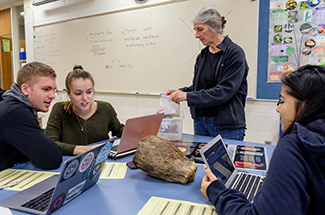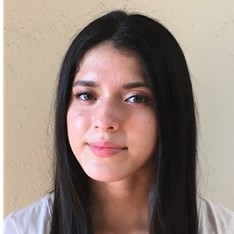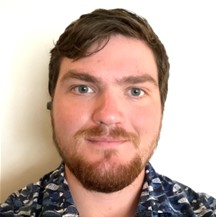
Why Study Biology at K?
As a biology major, you have the chance to observe, assess and analyze the marvels of existence and use that knowledge to improve the world around you.
K offers a Major in Biology and a Concentration in Biochemistry and Molecular Biology.
The department takes an empirical approach to biology so that you can develop a strong foundation in the field and the critical thinking required to answer probing questions, interpret scientific literature, conduct experiments and make original observations of biological phenomena.
The lifelong learning our biology alumni developed during their time at K has enabled them to pursue meaningful careers in public health, conservation, academia and other sectors.
Through courses, research, personalized advising, and departmental experiences, you will gain a keen awareness of the natural world and the confidence and skills to further the field of biology. Specifically, by the time you graduate the department hopes that you will:
- Feel curious about the natural world and empathetic toward our shared environment;
- Know what has been discovered about the natural world, the process by which such knowledge is gained, and how to evaluate competing claims;
- Identify as new members of an interdependent community whose goal is to address socially relevant problems and questions; and
- Continually apply/practice newfound knowledge and skills via career exploration, problem-solving, research, communication, and teamwork.
What can you do with a biology degree?
Below are some of the careers, employers, and graduate schools of our biology alumni.
Job Titles
- Physician
- Research Assistant
- Sustainability Analyst
- Geologist
- Teacher
Employers
- Bronson Hospital
- National Wildlife Federation
- Pfizer
- Walter Reed Army Institute of Research
- Charles River Laboratories
Graduate Schools
- University of Chicago
- University of Michigan
- Michigan State University
- University of Rochester
- Johns Hopkins University
Program Spotlights

Learn in the Great Outdoors
As a Kalamazoo College biology student, you will be able to learn about ecology and environmental science on location at the College’s Lillian Anderson Arboretum, 140 acres of marsh, meadow, pine plantation and second-growth deciduous forest. The arboretum serves as an outdoor classroom where you will be able to collect samples for labs and learn about environmental stewardship first-hand. Many students have chosen to complete their Senior Integrated Project in the arboretum; past students have researched pollination patterns, invasive plant species, and bee populations.
Take your Studies Across the Globe
At K, study abroad is central to your education and K-Plan, and biology students are heavily encouraged to take advantage of this opportunity. While you can choose from any of the College’s 50+ study abroad programs and transfer any relevant biology classes, three programs offer unique experiences for biology students: learn about ecology and evolution exactly as Darwin did in the Galapagos Islands in Ecuador, apply your community and global health knowledge in San José, Costa Rica, or study and observe sustainable ecological development in Chiang Mai, Thailand.
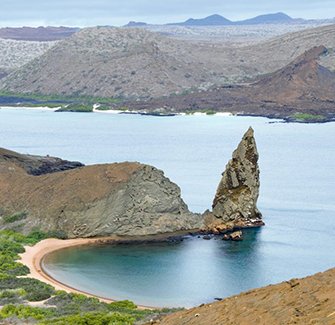
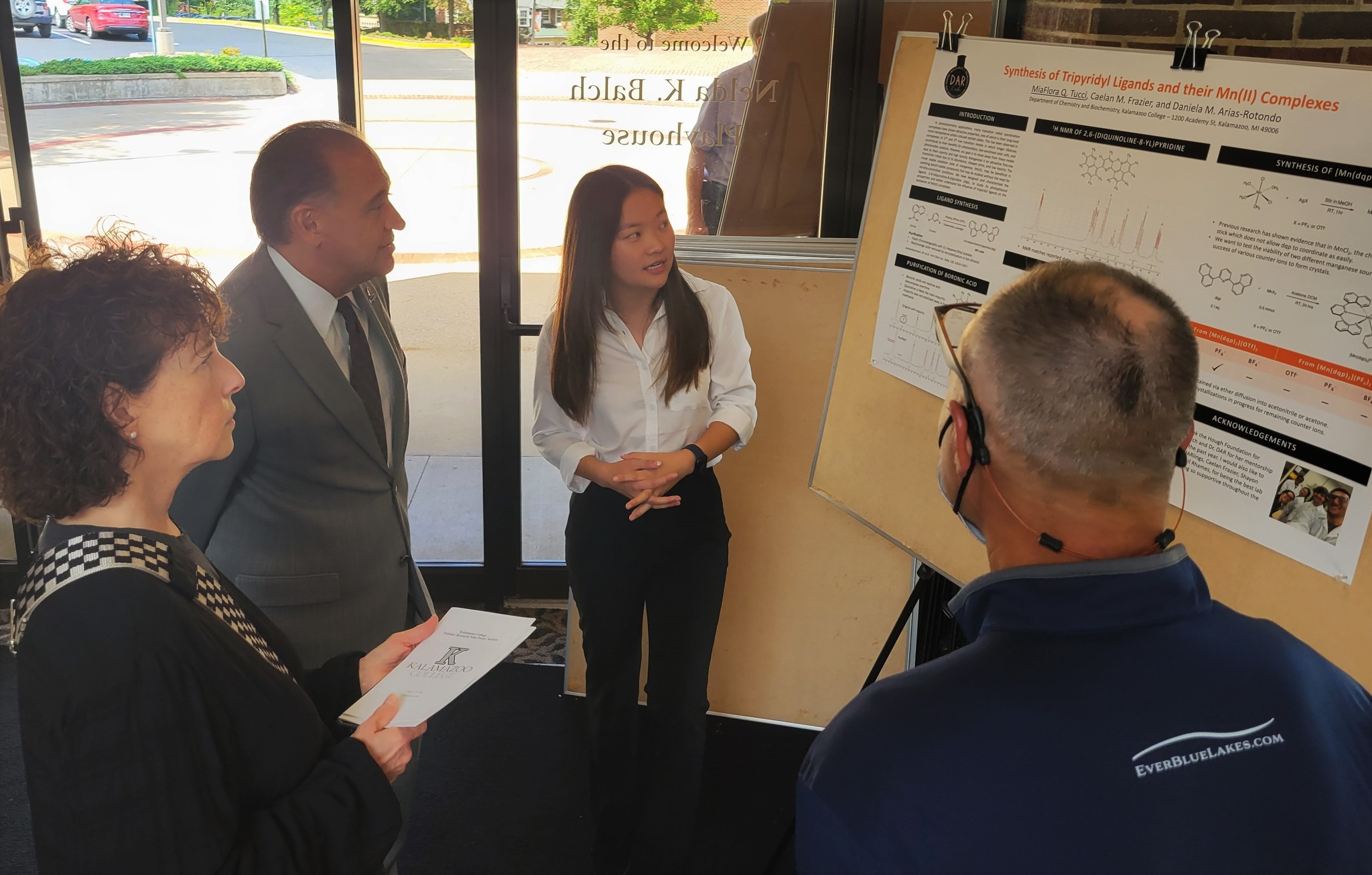
Showcase your knowledge with your Senior Integrated Project (SIP)
Whether you completed your Senior Integrated Project (SIP) within the Biology Department or not, we are proud of our seniors and want to showcase all you have learned. In that spirit, the annual Diebold Symposium is a three-day event for seniors to present their SIPs in front of their classmates, professors and families and revel in all they have accomplished. The symposium is headlined by a prominent biologist who is invited to campus to present their most recent research in a keynote address.
Meet the Current Departmental Student Advisors
What is the best thing about being part of this department?
The variety of topics and material approaches that allow for concentration in certain areas and fields of work.
What drew you to the department?
I felt like the class topics offered were very interesting, overlapped well with pre-med requirements, and I have generally been interested in biology since high school.
How have you taken advantage of the flexible curriculum or experienced breadth in your education?
K College’s liberal arts school approach allowed me to cut straight to my areas of focus with occasional and optional dips into other subjects. Each exploration to other topics felt greatly fulfilling and did not make me feel pressured to continue in that area but simply to enjoy and learn from my time in that class itself.
What is your favorite thing about K?
The tight knit community between students and staff.
What is your Senior Integrated Project (SIP)?
Temperature based testing on fish in the K College fish lab.
What are your career aspirations/next steps after K?
I am on the pre-medical track and hope to go to medical school after graduation and a gap year.
What is the best thing about being part of this department?
The faculty is incredibly nice and helpful, and they want to see you succeed in whatever your goal may be.
What is your advice to first-years and sophomores about getting connected to this department?
Do not be afraid to reach out to professors, TA’s, or older Biology students for information on opportunities in biology or for general advice. Professors and student employees in the department are both incredibly helpful and can provide you a wealth of knowledge.
What drew you to the department?
I have been interested in biology from a young age and the faculty and other students in the bio department have been incredibly nice and welcoming.
What is your favorite thing about K?
My favorite aspect of K is all of the wonderful opportunities, both academically and socially, the college provides its students, despite its overall small size.
What is your Senior Integrated Project (SIP)?
For my SIP I am working here in Kalamazoo with Dr. Santiago Salinas on thermal tolerance in fish from polluted and unpolluted water.
What are your career aspirations/next steps after K?
I plan on attending graduate school after K and ultimately pursuing a PhD in ecology.

